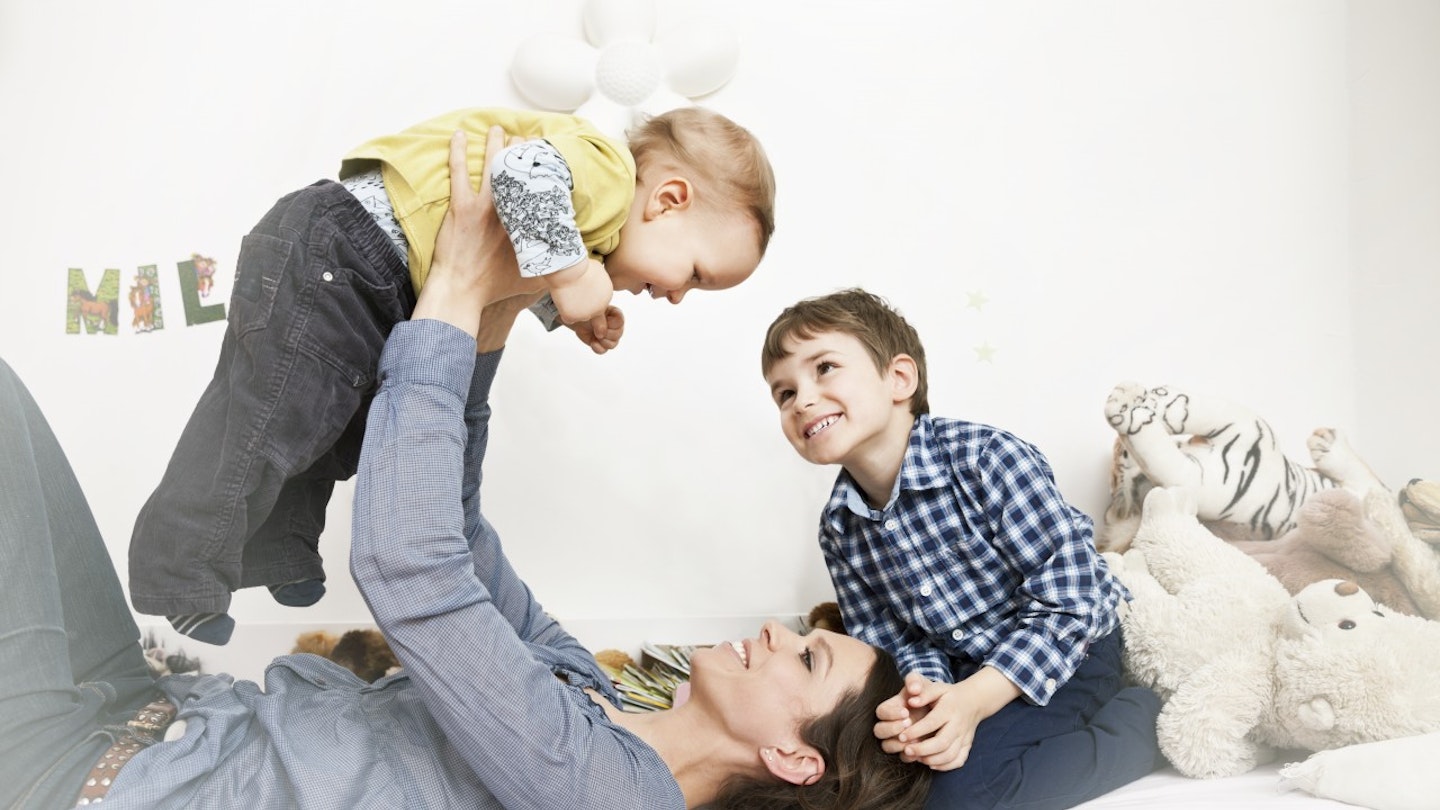Experts have revealed how happy each baby makes their parent – and it’s bad news for the third, fourth or fifth child
The birth of your first two children will make you happier but having a third baby may not, say researchers.
In a study conducted by the London School of Economics and Political Science (LSE), experts found that a parent’s happiness levels are boosted in the year before and after the birth of their first child. But this joy lessens, leaving parents at their ‘pre-child’ level of happiness.
It’s a similar pattern with a parent’s second baby, but the happiness boost before and around the birth is around half of what it was during their first child’s birth. But with a pregnancy and birth of a third child, the experts found little to no signs of parents being happier overall.
Age is one element that plays a part in a parent’s happiness
Age is one element that plays a part in a parent’s happiness. Older parents between the ages of 35 and 49 were shown to have the strongest boost in happiness and this stayed at a higher level after becoming parents. Those who became parents in their teens have a mainly declining pattern of happiness and parents aged 23 to 34 were found to have increasing happiness before their first baby’s birth but after a year or two this drops.
READ: THE ONLY VISUALISATION EXERCISE YOU NEED TO KNOW
‘Our results show a temporary and transitory gain in parents' happiness around the birth of first and second children,’ says Mikko Myrskylä, professor of demography at LSE. ‘The fact that parental happiness increases before these children are born suggests that we are capturing broader issues relating to childbearing such as couples forming partnerships and making plans for the future.
‘The arrival of a third child is not associated with an increase in the parents' happiness, but this is not to suggest they are any less loved than their older siblings.’
READ: POSTNATAL DEPRESSION – WHERE TO GO FOR SUPPORT AND ADVICE
Instead the professor suggests that this lack of increase in happiness could be because the third time round the parenthood experience is less of a novelty – or because having more children is more expensive.
‘Also, the likelihood of a pregnancy being unplanned may increase with the number of children a woman already has – and this brings its own stresses,’ says Mikko.
Do you agree with the study’s results? Let us know in the comments box below.
